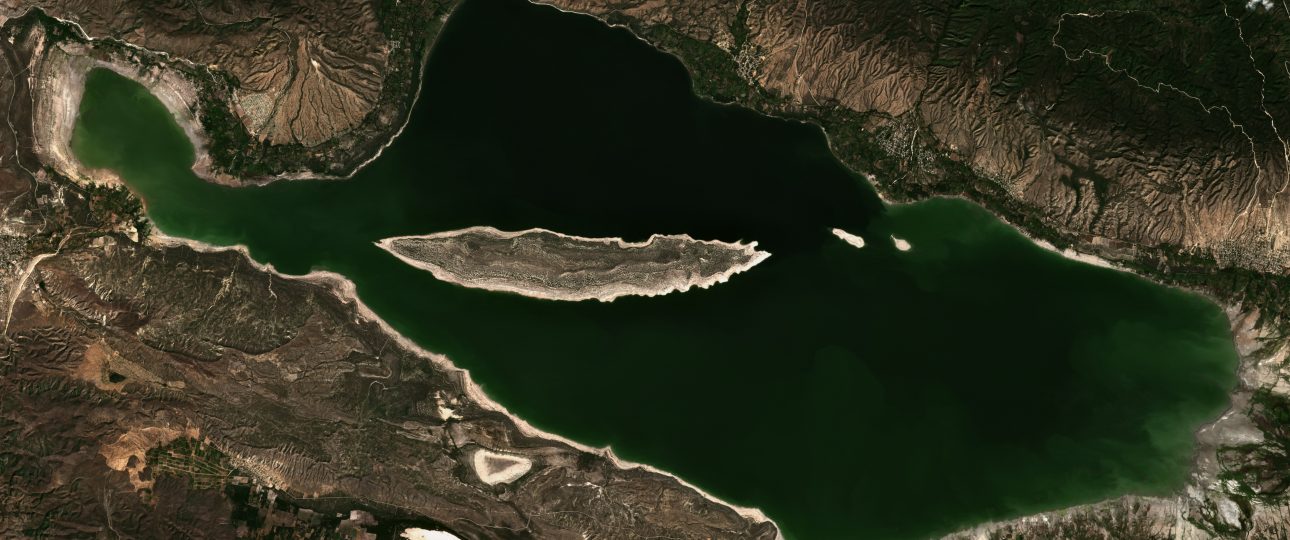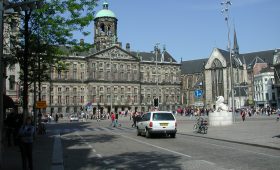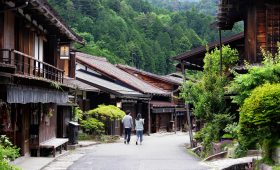Lago Enriquillo: Exploring a Unique Natural Wonder in the Dominican Republic
Location and Background
Lago Enriquillo is situated in the southwestern Dominican Republic, close to the Haitian border. It is the largest lake in the Caribbean, covering an area of approximately 380 square kilometers (150 square miles). The lake sits in a valley known as the Hoya de Enriquillo, which extends into Haiti as the Plain du Cul-de-Sac. This valley was once a marine strait, and the lake itself is an endorheic basin, meaning it has no outlet.
The lake is named after Enriquillo, a Taíno leader who led a rebellion against Spanish colonizers in the early 16th century. Historically, the lake was called Lake Xaragua, after the Taíno chiefdom in the area.
What Makes Lago Enriquillo Unique
- Biodiversity: Lago Enriquillo is part of the Jaragua-Bahoruco-Enriquillo Biosphere Reserve, recognized for its ecological importance. The lake hosts the largest population of American crocodiles in the Caribbean and is home to several endemic species, including the Ricord’s iguana and the rhinoceros iguana.
- Saltwater Lake: Unlike most lakes, Lago Enriquillo is a hypersaline lake, with salinity levels that can exceed those of seawater. This contributes to its unique ecosystem.
- Flora and Fauna: The area around the lake supports a variety of plant species adapted to arid conditions, such as the endemic Melocactus lemairei. Birdwatchers can spot American flamingos and other bird species, particularly around Isla Cabritos.
- Geological Features: The lake lies in a tectonic depression formed by the Enriquillo-Plantain Garden fault. This geological activity contributes to the region’s frequent tremors.
- Historical Sites: The surrounding area is rich in history, with ancient petroglyphs and remnants of Taíno culture offering insights into the island’s past.
Best Time to Visit
The ideal time to visit Lago Enriquillo is during the dry season, from December to April. During these months, rainfall is minimal, making it easier to explore the lake and its surroundings. Be prepared for hot, semiarid conditions, as the region experiences high temperatures year-round.
How to Get There
- By Air: The closest international airport is Las Américas International Airport in Santo Domingo. From there, it’s about a three-hour drive to the lake. Renting a car or hiring a taxi are convenient options.
- By Bus: Several bus companies offer routes to the area from major Dominican cities. While affordable, bus travel can be time-consuming due to frequent stops.
- By Car: Renting a car provides flexibility and the opportunity to enjoy scenic views of the countryside. The roads leading to Lago Enriquillo are generally well-maintained.
Local Transportation
Once at Lago Enriquillo, consider these transportation options:
- Taxi: Taxis are available in nearby towns and can be hired for day trips or specific destinations around the lake.
- Motoconcho: Motorcycle taxis, or motoconchos, offer a cost-effective way to navigate the local area.
- Car Rental: For those who prefer independence, renting a car is a practical choice. Several rental agencies operate in nearby towns.
Considerations
While Lago Enriquillo offers a fascinating glimpse into the Dominican Republic’s natural and cultural heritage, visitors should be aware of certain challenges. The region’s high temperatures and limited infrastructure can pose difficulties. Additionally, the lake’s rising water levels have impacted local agriculture and communities, which may affect travel plans.



